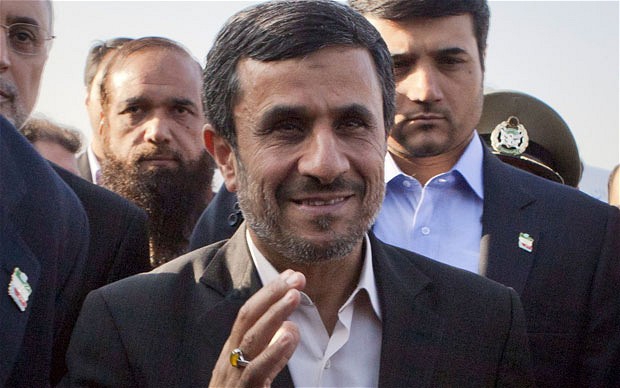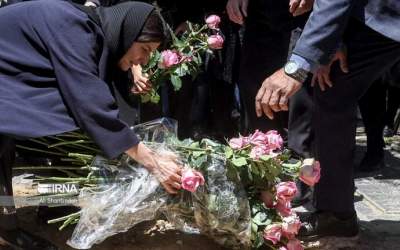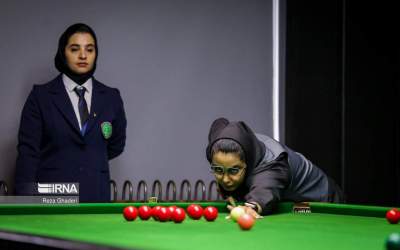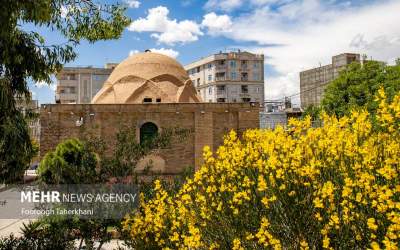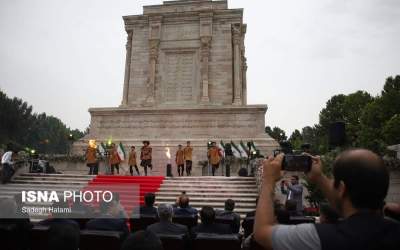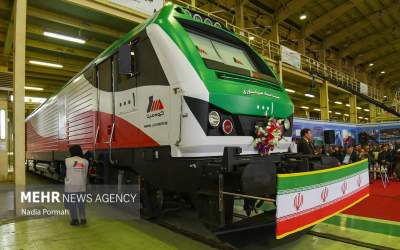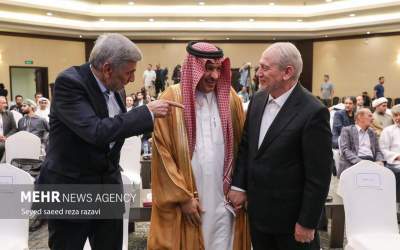Iran is defiantly forging on with its controversial nuclear activities by activating hundreds more uranium enrichment centrifuges, according to President Mahmoud Ahmadinejad.

"There are currently 11,000 centrifuges active in enrichment facilities" in Iran, he was quoted by state media as saying late on Tuesday in a meeting with supreme leader Ayatollah Ali Khamenei and senior regime officials.
That was more than the 10,000 centrifuges Iran was last said to have had operating, according to a May 25 report by the International Atomic Energy Agency (IAEA).
Ahmadinejad's reported comments did not give a more precise figure nor detail how many centrifuges were now working at each of Iran's two enrichment sites: Natanz and the heavily fortified underground bunker of Fordo.
Fordo has emerged as one of the most contentious points in fruitless negotiations between Iran and the P5+1 group of nations, which comprises the top UN Security Council powers the United States, Britain, France, Russia, and China, plus Germany.
The Security Council has demanded Iran suspend all uranium enrichment and has imposed four sets of sanctions to pressure it to comply. The IAEA, the UN's nuclear watchdog, has said it suspects there is a military dimension to Iran's nuclear programme.
The United States and the European Union have added their own sanctions on Iran, but the Islamic republic has defiantly said it would continue with its nuclear activities.
The IAEA report in May said there were 9,330 installed centrifuges in Natanz, of which 8,818 were being fed uranium hexafluoride gas to produce enriched uranium.
The Fordo facility, near the holy city of Qom, had 696 working centrifuges, the report said.
The enrichment activities have produced stockpiles of uranium enriched to purities of 3.5 per cent and 19.75 per cent.
Iran says the former is to fuel its nuclear power reactor in the southern city of Bushehr, while the higher-grade uranium is to make medical isotopes for cancer patients in its Tehran research reactor.
Western powers, though, fear the 19.75-per cent enriched uranium could, in just a few technical steps more, be processed into bomb-grade, 90-percent uranium.
Iran insists its nuclear programme is entirely peaceful, but has rebuffed repeated attempts by the IAEA to expand its ongoing surveillance and inspections, notably to include a suspect sprawling military facility in Parchin, outside Tehran.
The Iran Project is not responsible for the content of quoted articles.
